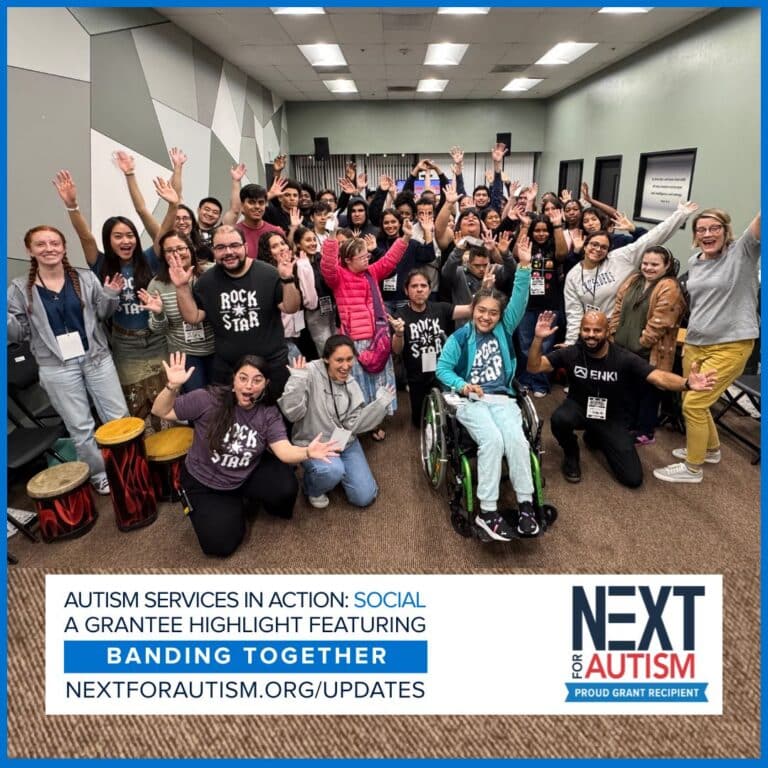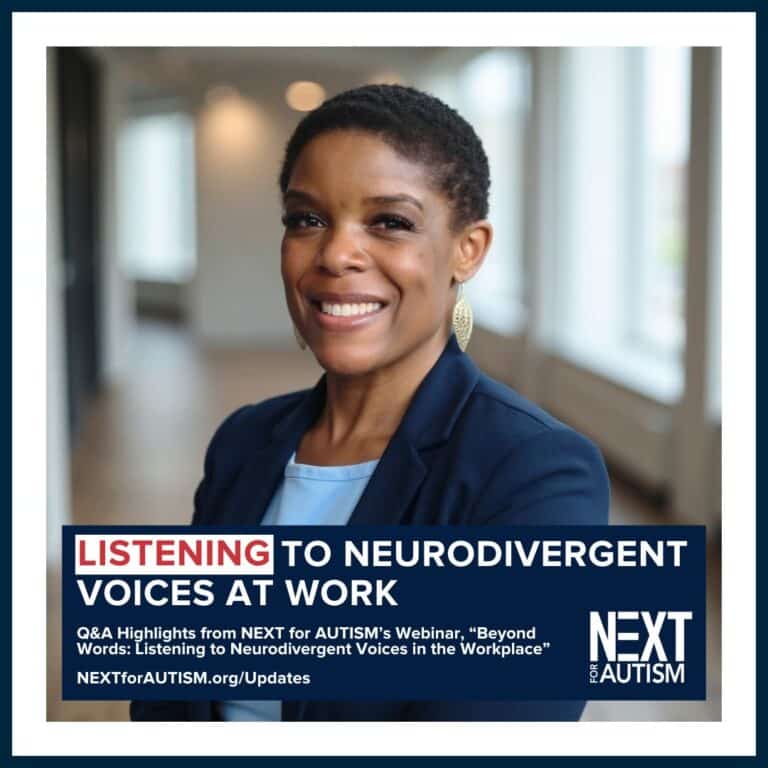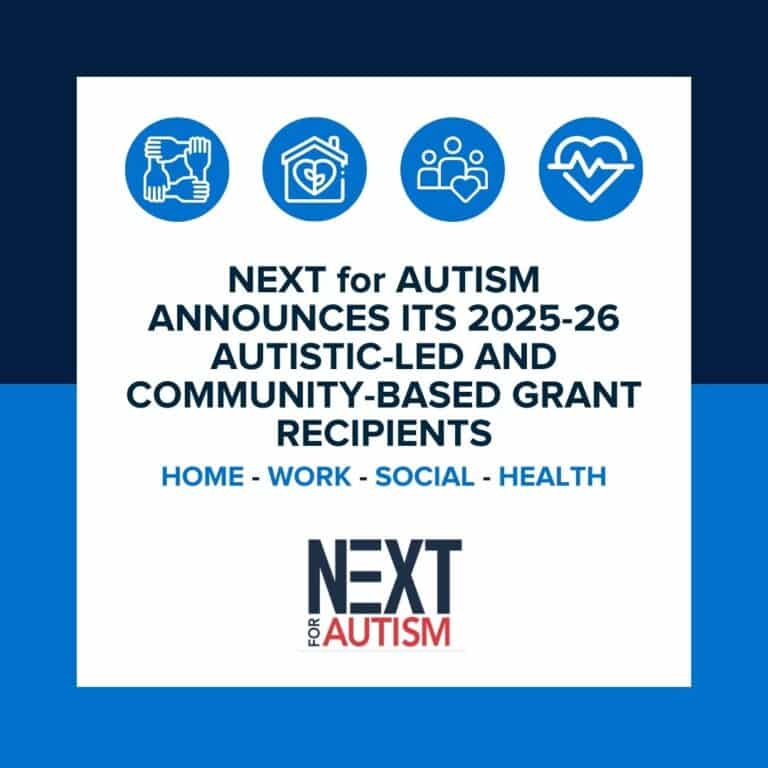Brad Walker, VP, Strategic Adult Initiatives, NEXT for AUTISM
More than 4.5 million people have chosen to work professionally in the role of a direct support professional (DSP). DSPs are the individuals providing daily support to 1.4 million people with intellectual developmental disabilities and autism across the country (Report to the President, 2017). The DSP is everything to the people they serve – a teacher, counselor, nurse, social director, community facilitator, partner, and friend. DSPs often perform this selfless work without advanced training and without appropriate compensation and benefits. As my colleague Patricia Wright, Senior VP of Strategic Initiatives stated, “Improving support for DSPs will vastly improve the lives of autistic people and their families; DSPs are the backbone of community resources.”
Early in my career, I spent several years working as a DSP in various residential settings, including group homes and semi-independent living programs. I can tell you firsthand that my initial training only provided me with the basic tools I needed to perform this deeply rewarding work. I knew how to keep people safe and mitigate emergencies, but I had no idea how to promote a high-quality life for the individuals for whom I was providing support. I was a caretaker, not a teacher. As I continued my career, I sought opportunities to attend conferences, I signed up for individual training anywhere I could, and I applied what I learned to my daily work. I quickly learned how this advanced training gave me an advantage at work and opened doors for career advancement. And most noticeably, I became aware of how I was no longer care-taking, I was teaching, supporting, and empowering the adults with disabilities that I was supporting to learn and develop their skills and abilities.
NEXT for AUTISM recognizes the critical role of the DSP and the importance of supporting their professional development. As much as DSPs have committed themselves to this important work, let us commit to championing them in their efforts through vital performance development programs and compensating them with a competitive wage.








Leave a Reply